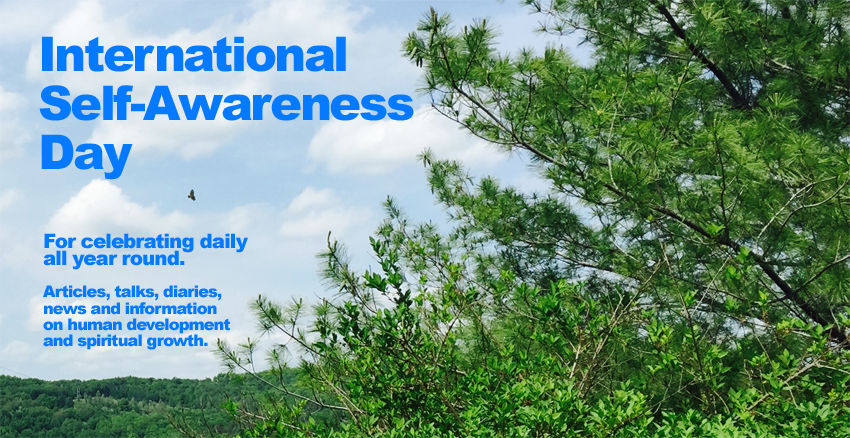This
is based on the function of Memory. The younger generation who grew up
in an autonomous region under the Spanish constitution of 1978 have no personal
experiences of past conflicts. But families always have members who were on one
side or another in the past: dictators or democrats, fascists or communists,
centre-rights or leftists, monarchists or republicans, Castilian-speakers or
Catalan-speakers. These differences in Identity can always be stirred up and
made to seem important, like the half-empty-glass theory. There are personal
and family memories that have been transmitted, and there are collective
memories and history lessons to be “learned”. Memory has a terrible grasp on
the mind if it is given exaggerated importance. “Your grandfather was shot by
the nationalists”; “Your uncle had to flee Spain and Catalonia so as not to be
killed”; “Your mother, your father, your great-grandfather, was this, that or
the other.” Poor children of democracy, your forebears had it tough, but now
you can identify with them and continue the tradition of strife, struggle and
limited identification with stupid human conflicts!
Trapped
by Memory, fuelled by fear, hatred and violence, subjected to
indoctrination and brain-washing – aka biased and slanted civic education in
the hands of well-meaning perhaps, but ignorant heirs of the past – youth has
been corrupted and now the new generation sees the world through their parents’,
grandparents’ and great-grandparents’ eyes. Not all of course, but maybe 1
million out of 7 million, and that is potentially dangerous for a society when
systems have been set up to support this limited view of the universe.
So
the power of the human mind to Identify with something, using all the
words, images and beliefs conjured up from Memory, with very little Awareness
being brought to play, forces the Discriminatory process of the mind to revolve
around its own particular obsession… instead of being put in its right place,
subordinated to a higher order of human compassion and solidarity and even
solidarity with Nature and the World.
And
that is the reason for the uprisings in Catalonia. By all means, people, seek your
independence – but seek it inside, in the mindstuff itself, not in the outside
world if you act contrary to established law. Laws can be improved, social
conditions enhanced, traditions can be protected, but please, not with another rebellion
that can lead to social disruption and actual physical violence. Then everyone
will suffer unnecessarily.



